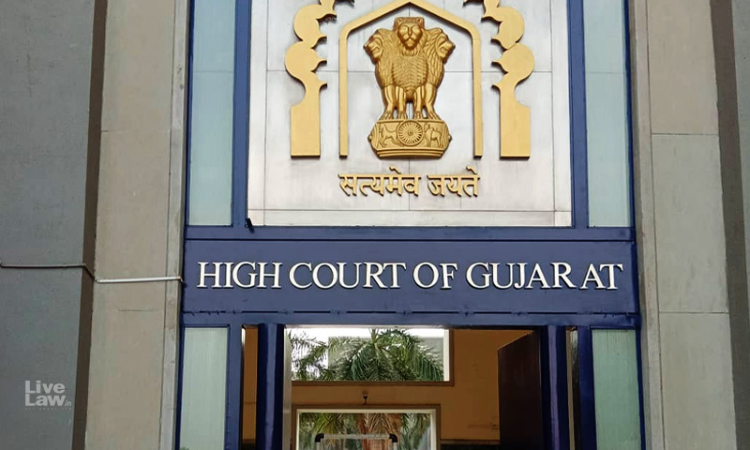Less Graves Cannot Be A Ground To Vest Kabrastan Land In Govt: Gujarat High Court
PRIYANKA PREET
4 Feb 2022 12:35 PM IST

Next Story
4 Feb 2022 12:35 PM IST
"One cannot expect that graveyard should be full always and if there are less graves, it cannot be said to be a ground to vest the land in Government," the Gujarat High Court has held. Justice Dr. AP Thaker made this observation while considering a petition filed by the Islahul Sunni Muslim Khidmat Trust for quashing the order passed by the Collector in 2006, vesting the kabrastan...
